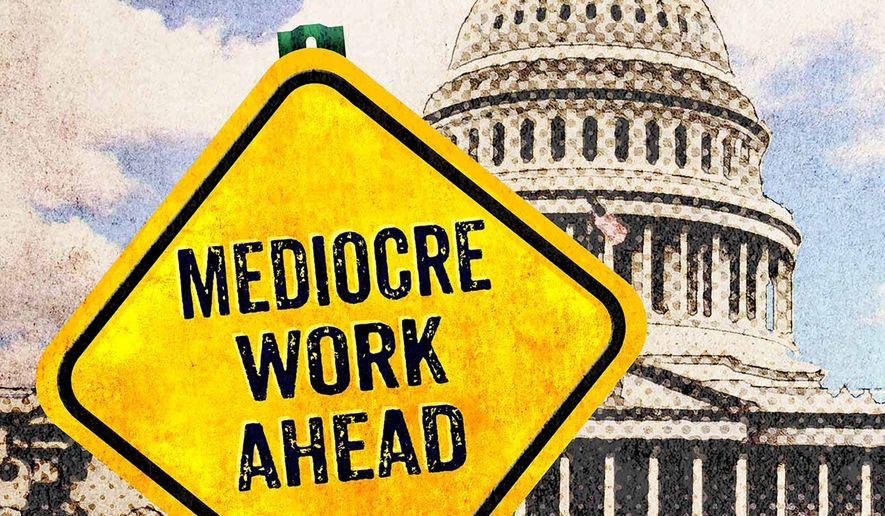OPINION:
Now that the 2022 election is mercifully (mostly) in the rear-view mirror, and the Republicans have won the majority in the House and perhaps the Senate, it is time to refocus, get back to work and offer a few thoughts about the future.
The future, as it so often does, starts right away. This week, Congress starts the lame-duck session. This lame-duck session should give us some sense of what the next two years will look like. For the most part, it should be a sleepy affair, dominated by a now-massive National Defense Authorization Act (2,900 pages, compared with the typical 800 or so pages) and the end-of-the-year spending bill.
More importantly, it is likely that Senate Minority Leader Mitch McConnell and others will want to increase the debt ceiling, scheduled to be exceeded sometime in the first half of next year. It is important to note that the debt ceiling is likely to be one of the only moments of leverage the Republicans will have against Team Biden.
Why would anyone want to surrender that leverage now?
Well, it seems likely that any new Republican majority in the House (even a modest one) will want to use the debt ceiling increase to extract concessions from the Biden administration. Those negotiations will no doubt get messy and provide headline risk to all sorts of companies. Some in the Senate will want to avoid that messiness by making a deal with the Democrats in the lame duck.
In many respects this unfortunate, although likely, outcome encapsulates the challenges that Republicans now face. The simple reality is that the party remains split. About two-thirds — dominant in the House caucus — lean populist and seek an aggressive and confrontational attitude toward Team Biden, while the remainder (shrinking, but still one-third of the party and dominant in the Senate caucus) — wants to go along and get along and continues to be focused on the preferences of the business and donor communities.
It is going to be difficult to square those two approaches, and they will be in conflict more often than not. The election results — which include wins and losses by both factions — are not going to change that.
Moreover, because the Republicans as an organization have steadfastly refused to articulate any sort of governing vision at all (it’s been more than six years since anyone wrote down a coherent set of policies on behalf of the entire party), it will be very difficult to advance a common agenda through Congress, let alone negotiate with the unitary executive.
This will be an especially notable deficiency when we get to the end-of-the-year spending bills next month.
In addition to the challenges associated with internal conflict, Republican campaigns suffered from the same pathology as all campaigns — they promised things that they could not possibly produce. Controlling the legislature is important with respect to providing checks on executive spending and power, but the legislature — especially if split — is rarely capable of driving an agenda, especially in a circumstance where no agenda has been delineated.
For instance, there were three main issues that drove Republican victories — inflation, lawlessness and border security. Yet few, if any, candidates proposed specific remedies that could be enacted by the legislature to which they were elected.
As a consequence, real or perceived impotence breeds voter discontent with elected representatives. Republicans will not be immune to that discontent. Nor will House Republican leadership, which will likely experience challenges to the established leadership arrangements in the wake of the disappointing election results.
Finally, and perhaps most importantly, the efforts of congressional Republicans are likely to be drowned out by former President Donald Trump’s announcement and subsequent campaign. It is likely that both Mr. Trump and President Biden will use Congress as both foil and whipping post.
All of this will complicate and retard any efforts by congressional Republicans to impose policy or spending discipline on the Biden administration.
In short, the prudent approach, as always, is to minimize expectations.
• Michael McKenna, a columnist for The Washington Times, co-hosts “The Unregulated Podcast.” He was most recently a deputy assistant to the president and deputy director of the Office of Legislative Affairs at the White House.




Please read our comment policy before commenting.